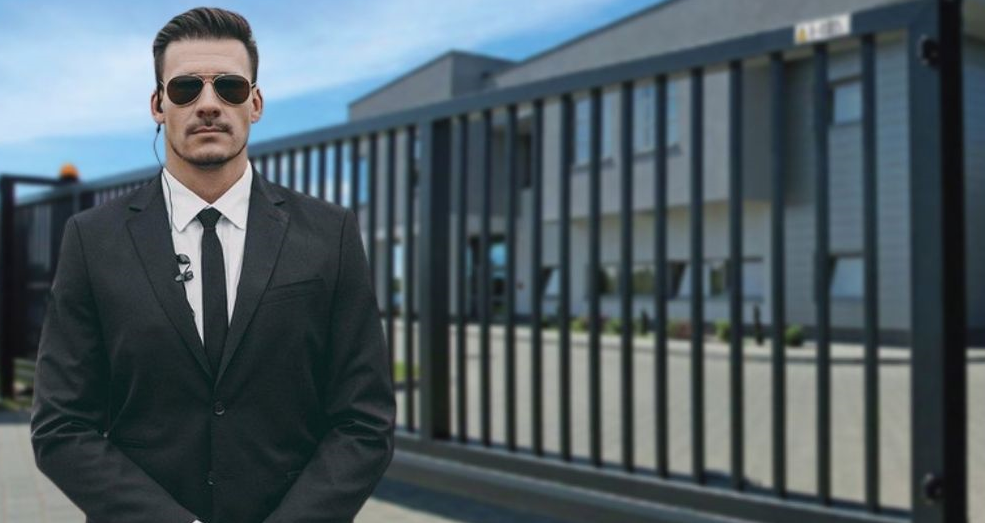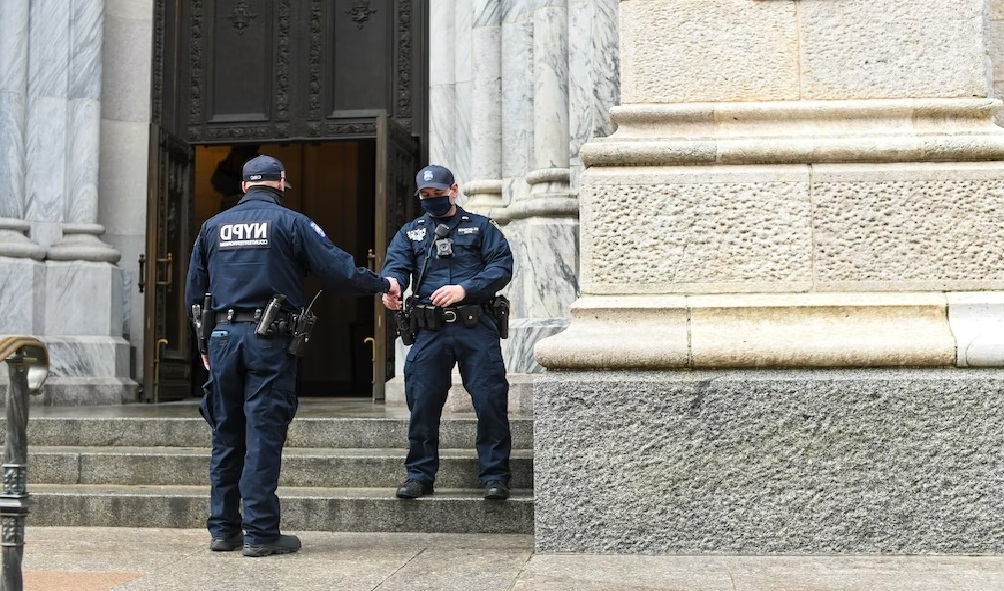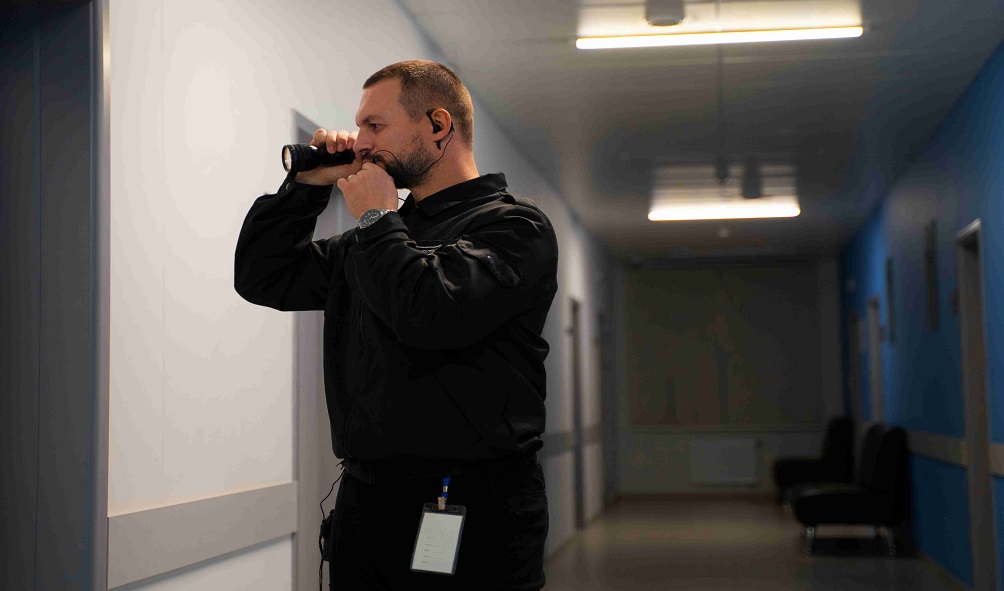In the dynamic landscape of corporate environments, the role of corporate security guards extends beyond traditional notions of protection. Corporate security guards play a strategic role in safeguarding not only physical assets but also the overall well-being of a business. In this exploration, we delve into the multifaceted responsibilities that define the strategic role of corporate security guards in ensuring the safety and integrity of business assets.
1. Physical Asset Protection
At its core, the primary responsibility of corporate security guards is the protection of physical assets, including office buildings, equipment, inventory, and other tangible resources.
2. Personnel Safety
Ensuring the safety of employees is paramount. Corporate security guards contribute to a secure working environment by monitoring access points, conducting regular patrols, and responding swiftly to any security concerns.
3. Deterrence of Unauthorized Access
The mere presence of security guards acts as a deterrent to potential unauthorized individuals. This proactive measure helps prevent security breaches and protects sensitive areas within the corporate premises.
4. Access Control Management
Security guards are responsible for managing access control systems, verifying the identity of individuals entering the premises, and ensuring that only authorized personnel have access to specific areas.
5. Emergency Response and Crisis Management
Corporate security guards are trained to respond swiftly and effectively to emergencies like Risk management guards. Whether it’s a fire, medical crisis, or security threat, their ability to manage crises contributes significantly to minimizing potential damage.
6. Executive Protection
Executives and high-profile individuals within a corporation require specialized protection. Corporate security guards often provide executive protection services, ensuring the safety of key personnel.
7. Surveillance and Monitoring
Utilizing advanced surveillance technologies, security guards actively monitor the corporate environment. This includes video surveillance, access logs, and other tools to detect and prevent security breaches.
8. Intellectual Property Protection
Safeguarding intellectual property is critical for many corporations. Just like workplace Security guards, they play a vital role in protecting sensitive information, trade secrets, and proprietary technologies.
9. Collaboration with Law Enforcement
Corporate security guards work closely with local law enforcement agencies to address security concerns. This collaborative approach enhances the overall security infrastructure and response capabilities.
10. Security Training and Education
Security guards often conduct training sessions for employees, educating them on security protocols, emergency procedures, and the importance of individual vigilance in maintaining a secure workplace.
11. Technological Integration
Embracing technology is key to the strategic role of corporate security guards. This includes the use of surveillance cameras, access control systems, and other cutting-edge technologies to enhance overall security.
12. Risk Assessment and Mitigation
Security guards engage in regular risk assessments, identifying potential vulnerabilities and implementing measures to mitigate risks. This proactive approach helps prevent security incidents before they occur.
13. Crisis Communication
In times of crisis, effective communication is paramount. Corporate security guards in workplace serve as communication hubs, relaying critical information to employees, law enforcement, and relevant authorities.
14. Adaptability to Evolving Threats
The security landscape is dynamic, with threats constantly evolving. Corporate security guards must stay informed about emerging risks and adapt their strategies to effectively counter new challenges.
15. Legal Compliance
Understanding and adhering to legal regulations is integral to the role of corporate security guards. They ensure that security measures align with legal standards, avoiding potential liabilities for the corporation.
In conclusion, the strategic role of corporate security guards goes far beyond conventional security measures. Their responsibilities encompass a comprehensive approach to safeguarding physical assets, ensuring personnel safety, and mitigating a range of potential risks. By embracing advanced technologies, conducting regular risk assessments, and collaborating with law enforcement, corporate security guards contribute significantly to the overall resilience and security posture of a business. As the guardians of a corporation’s assets, their strategic role remains indispensable in the ever-evolving landscape of corporate security.



